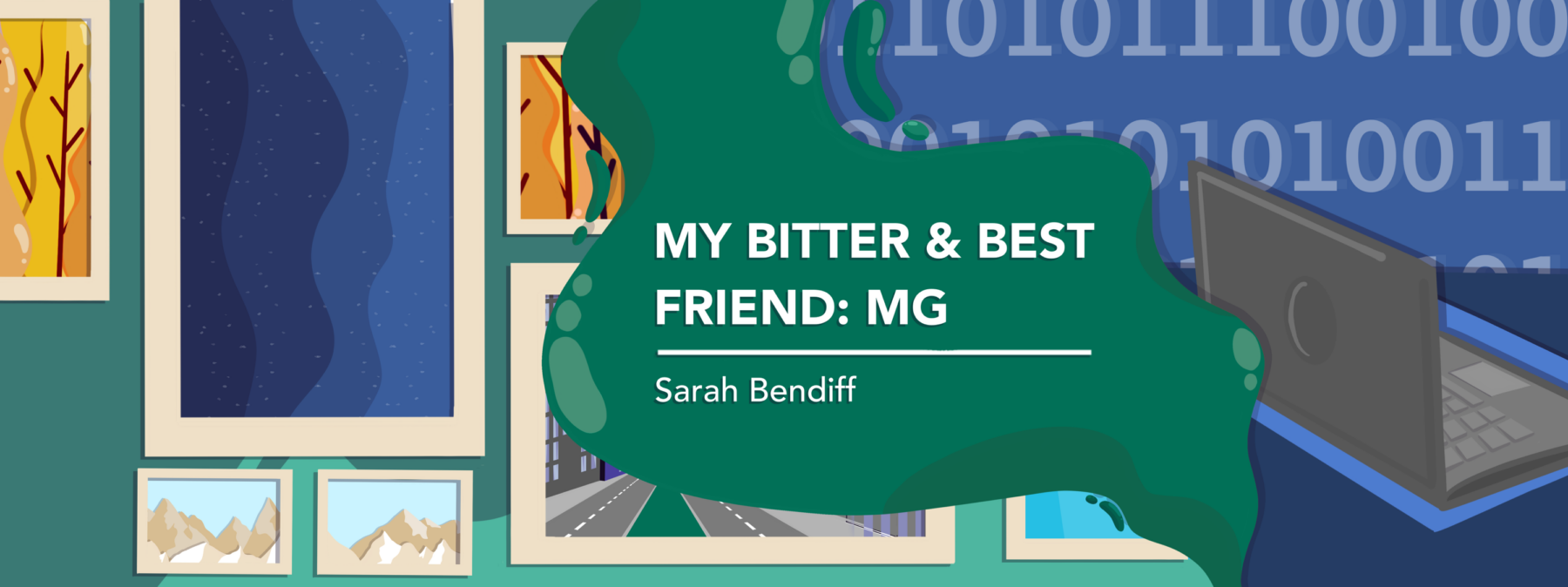How I’m facing my fears in life with a rare disease
I'm always looking for ways to live life to the fullest, even with MG
Written by |

Last year, I woke up to terrible news: One of my colleagues had passed away. Although I didn’t know her personally, I knew she’d lived with a chronic illness and was an advocate for those with her condition. Her death was sudden and unpredictable, and I felt numb and choked.
Her passing frightened me. What if that happened to me one day? What if a myasthenia gravis (MG) crisis occurred without warning?
When I first learned about my disease, I prepared an emergency plan and printed it out, leaving it on my desk. But I wondered: Will anyone remember it? What if I’m alone if and when my respiratory system collapses?
Then it hit me: It could happen to anyone, anywhere, anytime. Sudden death doesn’t discriminate. It results from car crashes, heart attacks, and even unexplained circumstances. In the end, we’re all meant to die.
Once I reached this conclusion, I felt less hatred toward MG. I don’t blame it for potentially causing my death; instead, I’ve found I want to live fully and enjoy everything the world has to offer: every shred of happiness, excitement, sadness, curiosity, adventure, fear, relief, loss, and discovery. So hear me out, MG: You’re not taking anything away from my existence.
But the disease likes to challenge me, especially since I always want to do everything. While I can freely explore intellectual pursuits such as storytelling, writing, and reading, physical ambitions such as dancing, hiking, and traveling are much harder.
So a new fear has emerged for me — not of dying, but of not living the way I want to live.
Finding the strength to fight MG
Resilience has always been my strength, and from my physics studies, I know that every problem has a solution if we take the time to find it. Physical activities may seem out of reach, but I ask myself: Why do I want to do them? The answer is always the same: for the joy of discovery and the rush of dopamine and adrenaline. Then I ask: Can I achieve those feelings another way without risking my health? The answer is a resounding yes.
For example, if I want to hike with friends, I can choose circuits accessible by car, so someone can drop me off in the middle. While the group hikes for an hour, I’ll hike the last 10 minutes with them. My body will still feel challenged, and my mind will enjoy the same satisfaction. I make sure to take my medication beforehand and plan to have someone drive me back.
Yes, it requires help, but I’ve found that friends are happy to support me. Over the years, I’ve even made some driver friends with whom I can exchange services. Not only am I inventing a job for myself, but I’m doing the same for others!
In the end, I find it fun, challenging, and satisfying to figure out solutions to everything; it’s the puzzle of my life. Can you believe I spend time figuring out chair dance moves?
MG’s power over me stops where my will starts. Anything, anywhere, anytime I want, I can.
Note: Myasthenia Gravis News is strictly a news and information website about the disease. It does not provide medical advice, diagnosis, or treatment. This content is not intended to be a substitute for professional medical advice, diagnosis, or treatment. Always seek the advice of your physician or other qualified health provider with any questions you may have regarding a medical condition. Never disregard professional medical advice or delay in seeking it because of something you have read on this website. The opinions expressed in this column are not those of Myasthenia Gravis News or its parent company, Bionews, and are intended to spark discussion about issues pertaining to myasthenia gravis.



Kevin C Hillock
I have had over 13 MG crisis, all in one month, and I was able to keep breathing but at a much-reduced rate and efficiency due to my diaphragm not working. In a few times I woke up when my ability to exhale was reduced. In all cases I walked around a hundred feet and got into my car and drove about 10 minutes to the hospital. In all but one time the crisis ended before I got to the hospital, and I turned around and went back home. One time I actually went into the emergency room and when I went to check in it stopped, they suggested I sit in the emergency room for an hour and a doctor came out and interviewed me and then sent me home.
Candace C Robinson
Yes. MG can be challenging but you can do activities that don't require as much energy and you can still enjoy your life just have to pace yourself with a chronic illness.